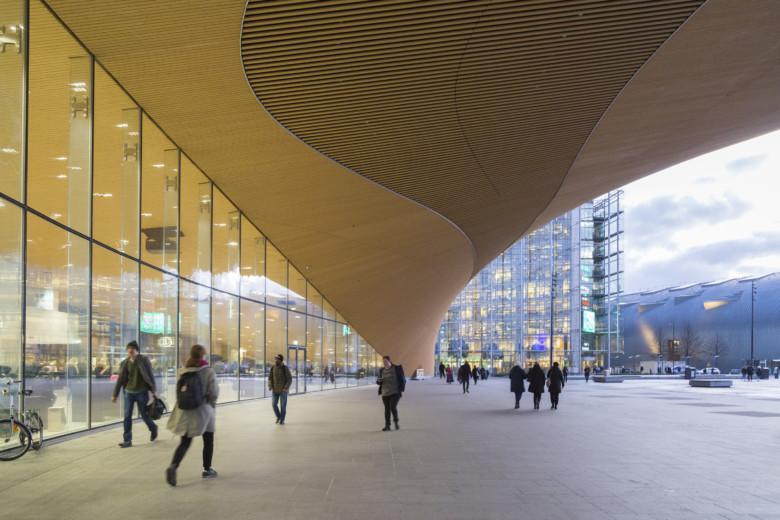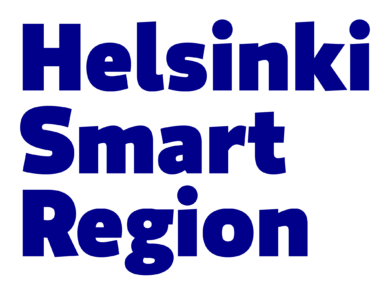News
International comparisons: Well-being, educated population and ability to innovate are regional strengths in Helsinki-Uusimaa
Published:
In 2020, Helsinki-Uusimaa was ranked the 2nd best region by the EU Social Progress Index (EU-SPI), used by the European Commission. The region is also competitive; the European Regional Competitiveness Index (RCI) gave Helsinki-Uusimaa a 10th place.

Our region scores second amongst European counterparts in a comparative assessment of the ability to innovate and the performance of innovation systems (Regional Innovation Scoreboard 2021). In a ranking by Financial Times in 2018 (FDI), Helsinki-Uusimaa was acknowledged as the best European middle-sized region welcoming international investments.
– Our regional strengths in the international comparisons are, among others, a high level of education and competence, well-performing innovation systems and the residents’ trust in institutions and their own rights, Mr Johannes Herala, Senior Adviser at the Helsinki-Uusimaa Regional Council says.
A weakness beyond our own control is our remote geographical location compared to many other European metropolitan regions.
– This is, however, compensated by a good infrastructure for data communication and the importance of Helsinki-Vantaa International Airport as a significant international transportation hub with flowing travel chains, Mr Herala continues.
As in any other part of Finland and in many other developed economies, the aging population is a challenge for a financial growth, the availability of labour force and the sustainability of a public economy. According to Mr Herala, this challenge is highlighted in the edge zones of Helsinki-Uusimaa, outside of the capital region.
Different strengths in Northern urban regions
An international comparison of competitiveness has been made for the planning of land use, housing and transport (MAL). It includes six urban regions in Northern Europe rivaling about the same investments and establishments of business and labour force. In this assessment, one of the regions to be compared was the Helsinki Region with 14 out of 26 Helsinki-Uusimaa municipalities.
– The focus was on the regional attractivity, the productivity and innovation, the quality of life and the nurturing of the environment. Ms Ilona Mansikka, Manager of Regional Land Use Planning at the Helsinki-Uusimaa Regional Council tells us that the Helsinki Region placed fourth in this comparison.
In land use, housing and transport, the strengths of the Helsinki Region are related to the technology industry and a start-up driven innovativeness, to equality and a good balance between work and leisure. The region is a safe and healthy environment, and it has additionally managed to avoid segregation better than the other, larger Nordic urban regions.
– The ranking shows that the productivity, the ability to innovate and the net immigration connected to these two are issues calling for improvements in the Helsinki Region. The region has the lowest employment rate, as well as the highest unemployment rate, Ms Mansikka states.
Furtherly, the availability of skilled labour is weaker, and the R&D expenditure is lower in the Helsinki Region. Sustainable development is also an issue calling for attention. There are less carbon sinks and protected areas and compared to its Nordic counterparts, the region is in the middle when it comes to its goals for climate neutrality.
International comparisons help to identify regional strengths and challenges
International comparisons have been of help in the preparation of the Helsinki-Uusimaa Regional Programme aiming at work, vitality and well-being. This pending programme has been made in cooperation with regional actors. It will include a vision for 2030, as well as the aims and actions for 2022-2025.
– Helsinki-Uusimaa wants to be a global forerunner in climate change mitigation, in financial competence and when it comes to the well-being of our residents. To be able to reach these goals, we need to get globally positioned, Mr Herala notes.
The Helsinki-Uusimaa Regional Programme with its environmental report will be on display both in Finnish and Swedish in October 2021. The aim is for the Regional Assembly to approve of the programme in February 2022.
– In order to put together a shared regional will and to tighten the cooperation of actors, which is needed for meeting the acknowledged challenges and for improving the current strengths, the Helsinki-Uusimaa Regional Programme can be of good use, Mr Herala explains the role of international comparisons in the preparatory work.
For more information, please contact:
Mr Johannes Herala, Senior Adviser, phone +358 44 365 1988
Ms Rosa Tuomi, Senior Adviser, phone +358 50 563 0375
Ms Ilona Mansikka, Manager of Regional Land Use Planning, phone +358 40 524 9186







 Return to listing
Return to listing